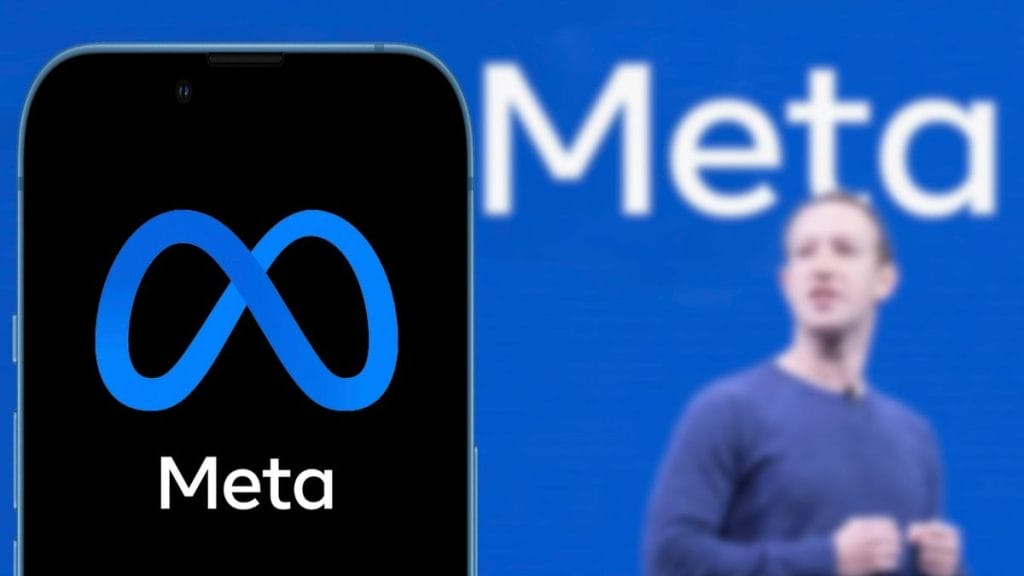New Delhi: Meta, formerly known as Facebook, has unveiled a new large language model called LLaMA (Large Language Model Meta AI). This model is available to researchers and affiliates of the government, civil society, and academia under a non-commercial license.
CEO Mark Zuckerberg stated that large language models, such as LLaMA, have displayed potential in generating text, conversing, summarizing, and solving complex problems like math theorems and protein structures. Meta believes that the AI community, including policymakers, industry, and academics, should collaborate to establish responsible guidelines for AI, particularly for responsible large language models.
Meta claims that LLaMA has the potential to outperform its competitors, including GPT-3, the predecessor to ChatGPT. LLaMA’s 13 billion parameter version is said to be capable of outperforming GPT-3. Additionally, Meta’s 65 billion parameter version of LLaMA is considered competitive with Google’s Chinchilla70B and PaLM-540B, which are even larger than the model used by Google’s Bard chat-powered search. According to a Meta spokeswoman, this improved performance is due to a greater quantity of “cleaner” data and architectural improvements that have enhanced training stability.
Last year in May, Meta released a large language model called OPT-175B, which formed the basis for a new version of its chatbot BlenderBot aimed at researchers. The company also introduced a model called Galactica, which could write scientific articles and solve math problems but removed the demo after generating false authoritative-sounding responses.





